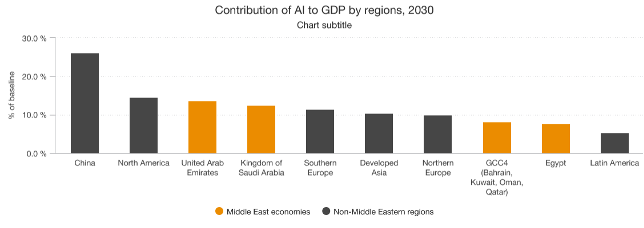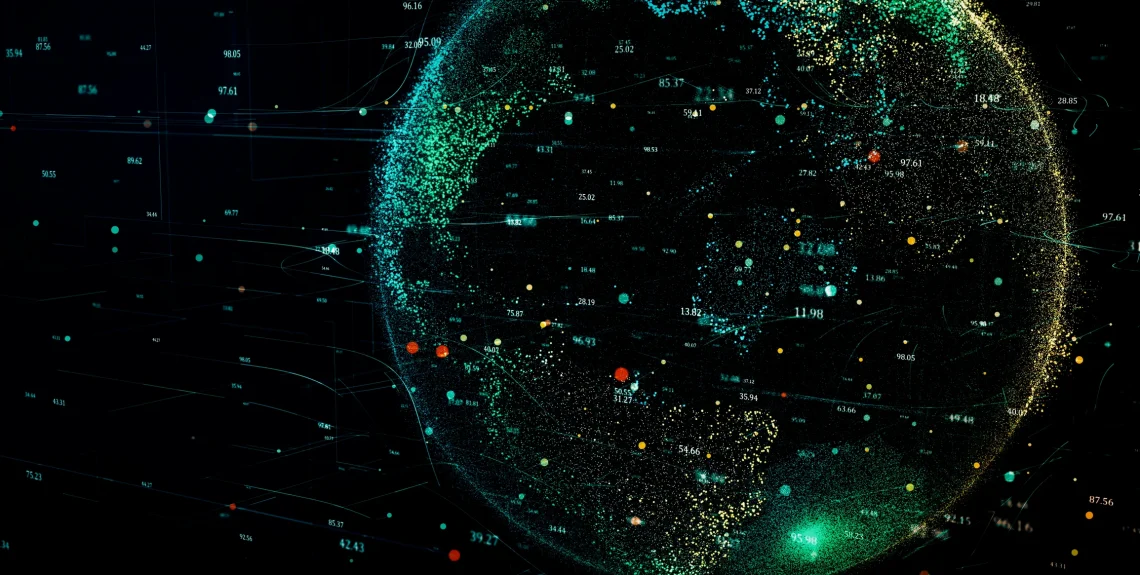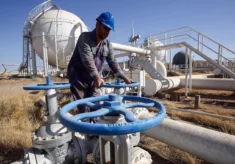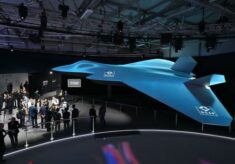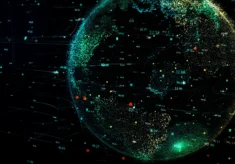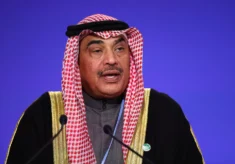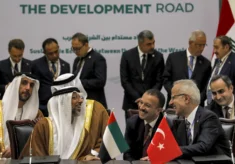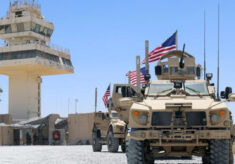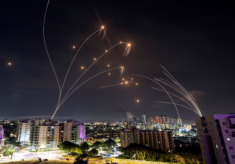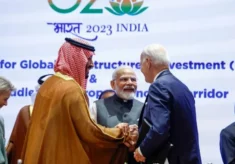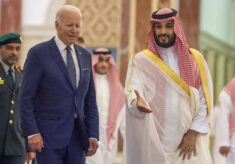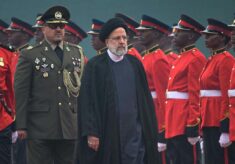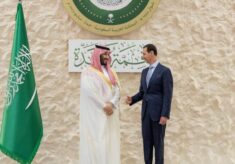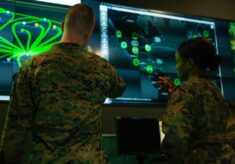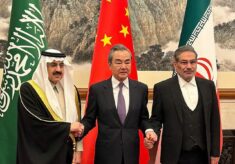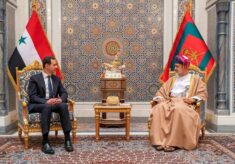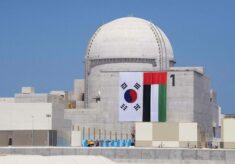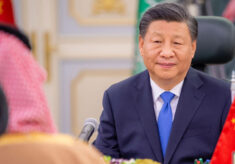The first official visit of UAE President Sheikh Mohammed bin Zayed al-Nahyan (also known as MbZ) to the USA since 2017 and first-ever official visit of a sitting Emirati President to the White House represented a significant diplomatic milestone. The designation of the UAE as a major defence partner of the USA, the second such a country after India, allows for closer military cooperation, through joint training, exercises and other collaborative efforts. It is just one step behind the Major Non-NATO Ally (MNNA) status, so far awarded only to Bahrain, Kuwait, Qatar in the Gulf region and to Pakistan in the nearby subcontinent.
The decision announced on the 23rd of September in one of the last official meetings before the end of the mandate of outgoing President Joe Biden, reveals the US intention to upgrade bilateral relation with the UAE by a notch. Washington certainly considers Abu Dhabi an important partner in an extremely troubled region, despite major differences on issues such as the civil war in Sudan, where the UAE is known to support the paramilitary Rapid Support Forces led by Mohammed Hamdan Dagalo (also known as Hemedti) against the regular Sudanese Armed Forces of Gen. Abdel Fattah Burhan.
However, the early days of the Biden Presidency, when the USA appeared out of sync with many of its Gulf partners, seem long gone and deepening cooperation with a founding member of the Abraham Accords such as the UAE is considered the only game in town in Washington. The interest is reciprocated: irrespective of who will sit at the White House after November, the UAE is keen to explore further avenues for cooperation, particularly in artificial intelligence (AI), the new frontier of information technology. Developing domestic capabilities is imperative in times of strategic competition and growing protectionism.
The groundwork was already laid in April, after the announcement of a US$1,5 billion investment by the US big tech company Microsoft in G42, the UAE-based AI startup. Just before MbZ’s official visit to Washington, the two companies also agreed to open two centres to jointly work on responsible AI initiatives in Abu Dhabi. The burgeoning partnership followed assurances from G42 that it had divested its investments from China, a main source of concern for US officials worried about the potential shipment of advanced AI chips to Beijing, which remains an important commercial partner for the UAE.
